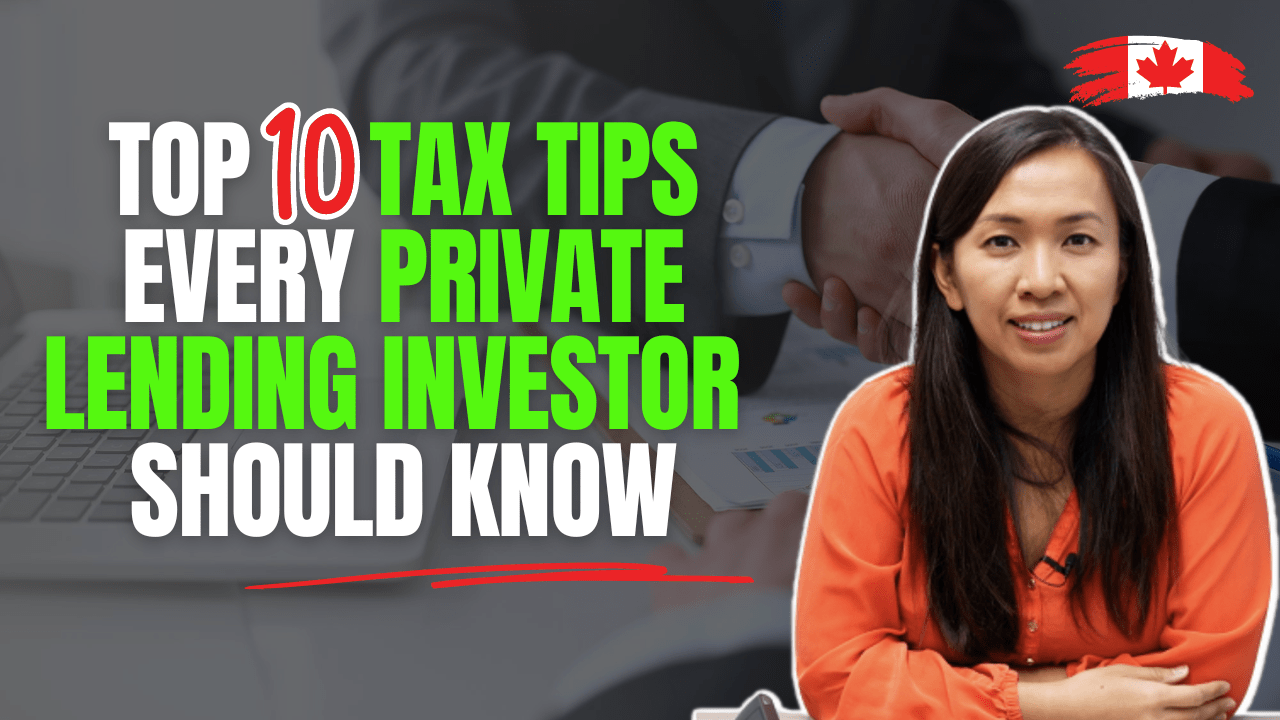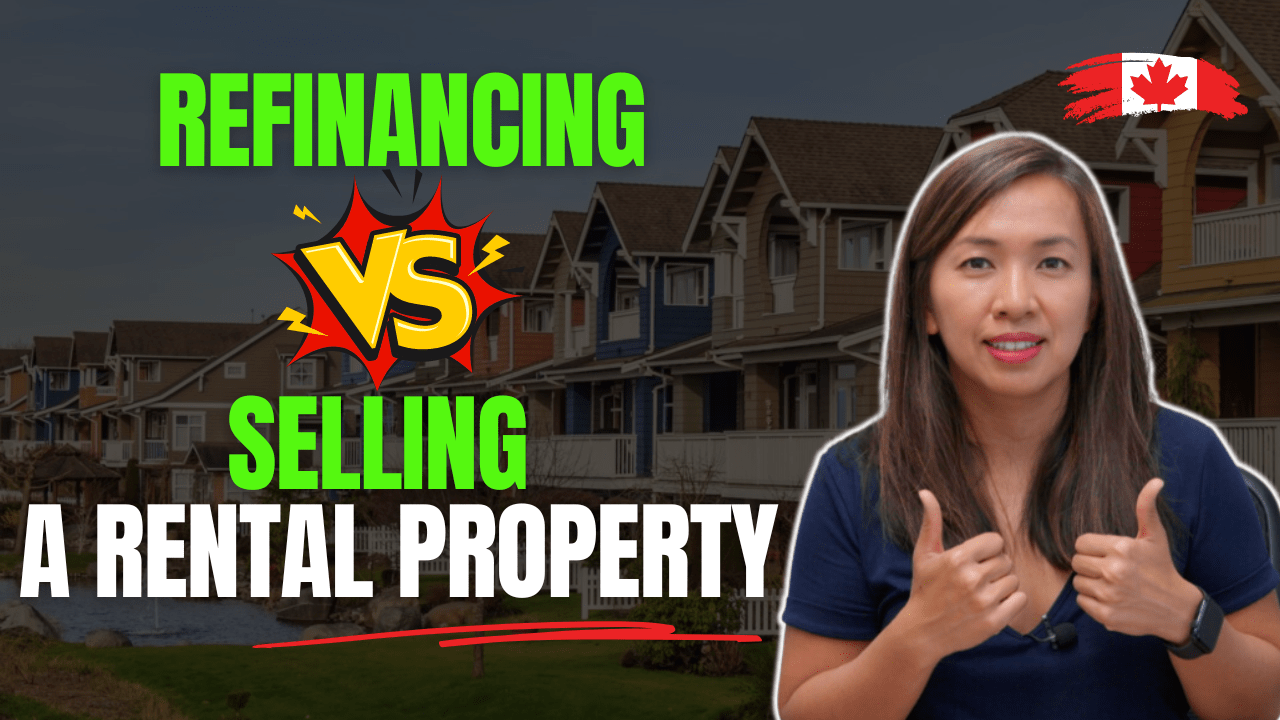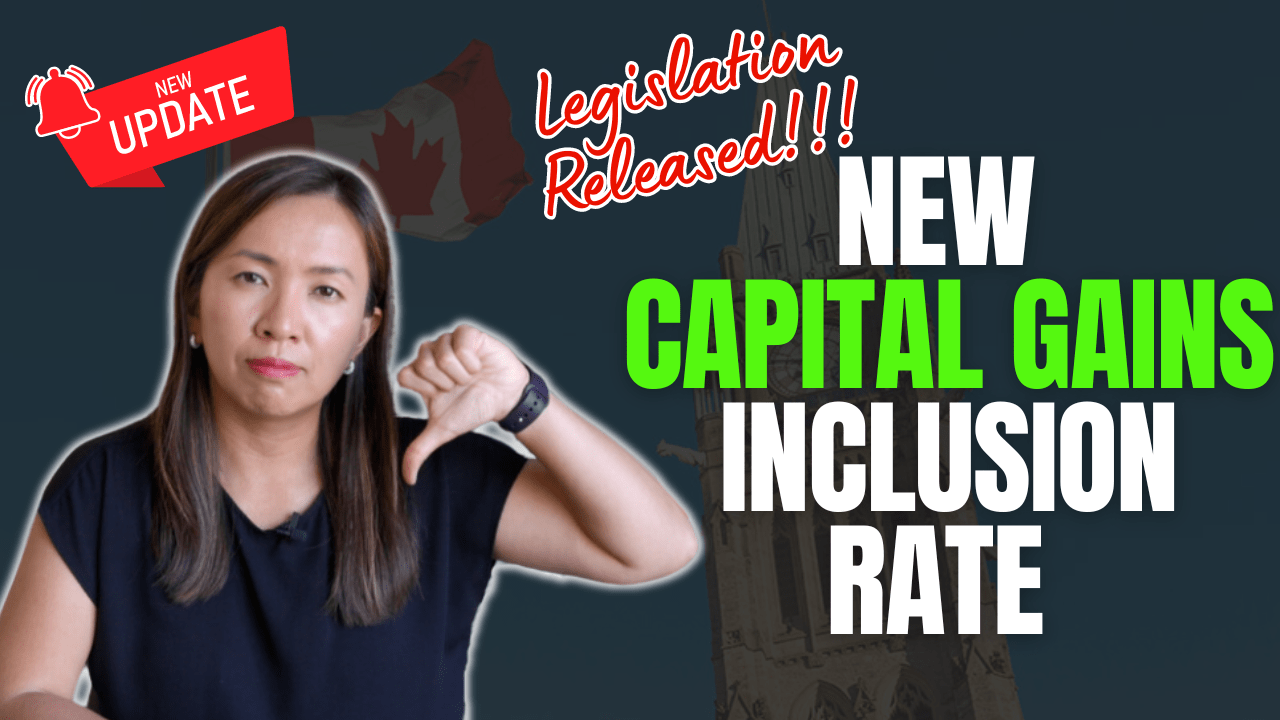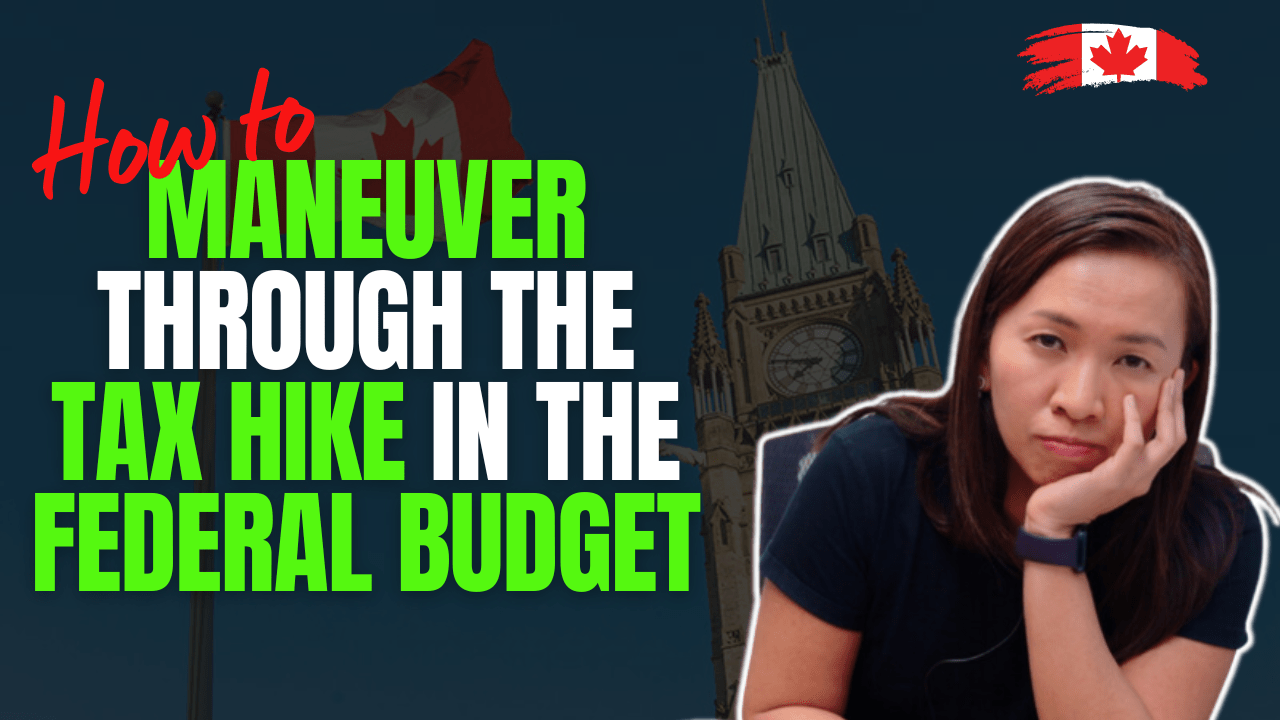What do you talk about in family gatherings?
It seems like we always end up talking about stock and real estate investing. My uncle, who’s a real estate investor himself, was sharing how his employee stretched his credit to purchase a brand new Markham townhouse a few years ago.
That same townhouse is worth about $1.4M. My uncle was feeling a bit #FOMO (“Fear of Missing Out”) and wished he had done the same thing as his friend.
I don’t feel FOMO when it comes down to investing in real estate. We really don’t know the amount of work involved behind the scenes. His employee might have been overly leveraged and really couldn’t afford the mortgage.
As a matter of fact, some of our investor clients have lost money in private lending as a lender. And some ended up paying astronomical amounts of fees, including legal fees and renewing fees.
The quoted rates that they were given were far from what they truly paid.
We had Hussein Kudrati, a real estate lawyer, who also has extensive experience in handling these situations, sharing his tips and tricks when lending as a private lender AND borrowing as an investor.
If you’re a private money lender,
- Hire your independent lawyer and do your own due diligence
When you do private money lending, you may be provided with a letter of commitment with information about the property you are lending on.
Hussein suggested that you should hire your independent lawyer, do your own due diligence, pull the relevant legal record to verify the information specified.
Sometimes, you can be surprised by the discrepancies found.
- If your loan is a second mortgage, make sure you check the lien the first mortgagee has registered against the property
When you lend your money out as a private money lender, you want some security against your loan so that you know if things go wrong, you are still somewhat protected. More often than not, investors would register their private loan as a lien against a property that the borrower owns.
In many situations, our investor clients’ private loan isn’t the first loan registered. The borrower already has a mortgage with an A-lender bank.
The Bank already has a registered lien against the property.
Depending on the Bank’s policy, as an example, if the borrower purchased the property at $800,000 and was able to get only a $300,000 mortgage, some banks would still register a lien against the property for the full $800,000. Some may not.
If you are lending money with a house as security and there’s already a first mortgage registered on the property, Hussein suggested that the investors should verify the amount of lien registered against the property.
Say the first mortgagee or A-lender already registered a lien for $800K, and the market value of the property is $800K, if the borrower defaults in his payment to the A-lender, A-lender bank can force a power of sale and charge an enormous amount of fees – which is also secured against the property.
As investors’ loan is ranked second to the A-lender’s lien, you’ll only be paid after the A-lender’s loan and fees. If A-lender banks charge an arm and a leg, you might have very little to be left with.
- Obtain first mortgagee approval or negotiate a higher interest reserve rate
Many of our clients’ loans are registered as a second mortgage as described above.
If you are, make sure you can get the first mortgagee approval. Most A-lender banks do not agree to have a second mortgage registered.
If no approval is provided, Hussein suggested the investors negotiate a higher interest rate to reflect the higher risks taken on.
- Get lien documents pre-signed if you’re lending on promissory notes
If you are one of the investors going after the ultra high interest rate and lending on promissory note (rather than having your loan secured against a property), you may want to consider having some of the lien documents pre-signed at the time you lend.
Hussein made the suggestion
If you’re a private money borrower, here’re the top tips.
- Cap the legal fees you are willing to pay
Typically, private money borrowers agree to pay for the lenders’ legal fees. One of Hussein’s clients was shocked to find out that the lenders’ lawyer charged over $7K at closing.
As a borrower, Hussein suggested putting a cap on the legal fees you would pay. A reasonable amount would be sufficient to limit the amount of expenses you would incur.
- Read the fine prints
If you don’t read the fine prints, sometimes, you’ll be surprised by how much the renewal fees could be.
We had a client who renewed a mortgage of $130K, but paid $5K on renewal and an additional $20K on early discharge fees.
The cost of borrowing ended up being 19% interest in 6 months. 😱😱
Not cool.
The sad part was that these people just paid $18K a year ago to get this loan setup. 😰😰
Make sure you read the fine prints, understand what you’re being charged and make sure you can financially sustain it.
Until next time, happy Canadian Real Estate Investing.
Cherry Chan, CPA, CA
Your Real Estate Accountant
P.S. Erwin and I are hosting the most anticipated event for the year – also known as the Wealth Hacker Conference Saturday, Nov 12 this year. When we hosted this event in 2019, over 1,500 hardworking Canadians joined us learning all different types of wealth hacks. Find out more about the event at www.WealthHacker.ca





